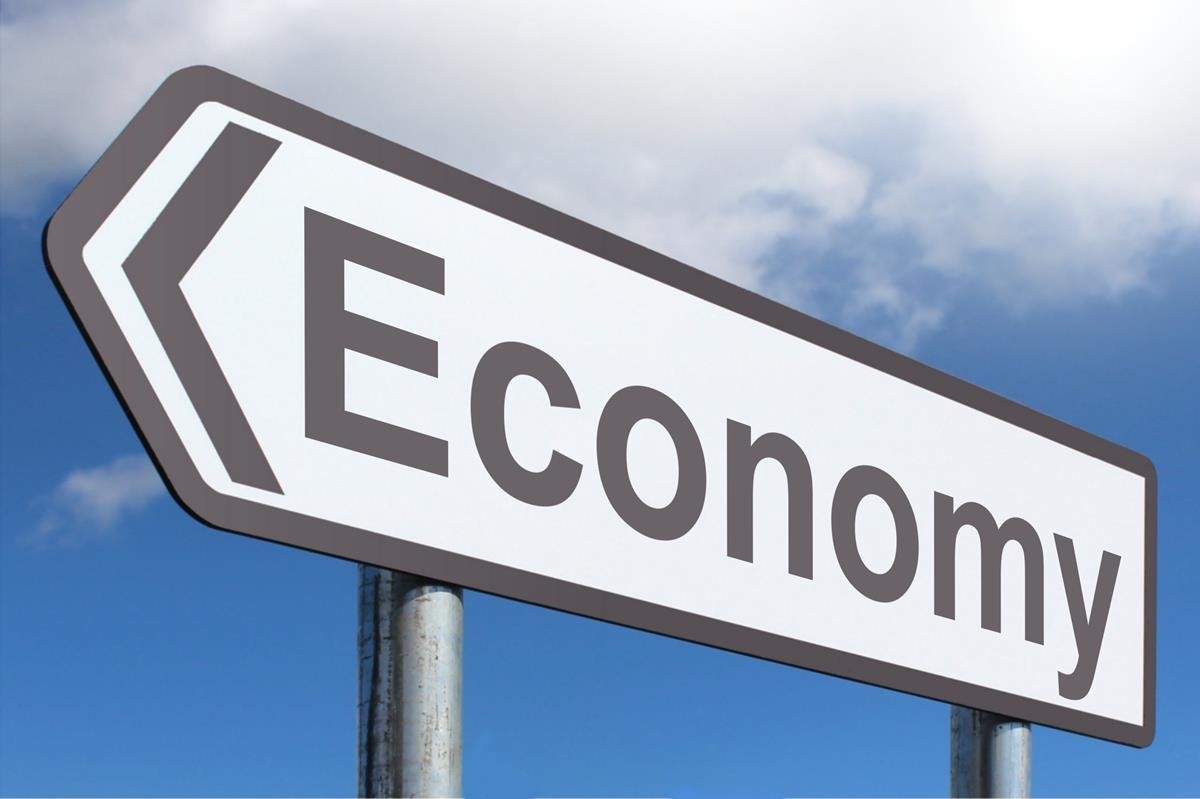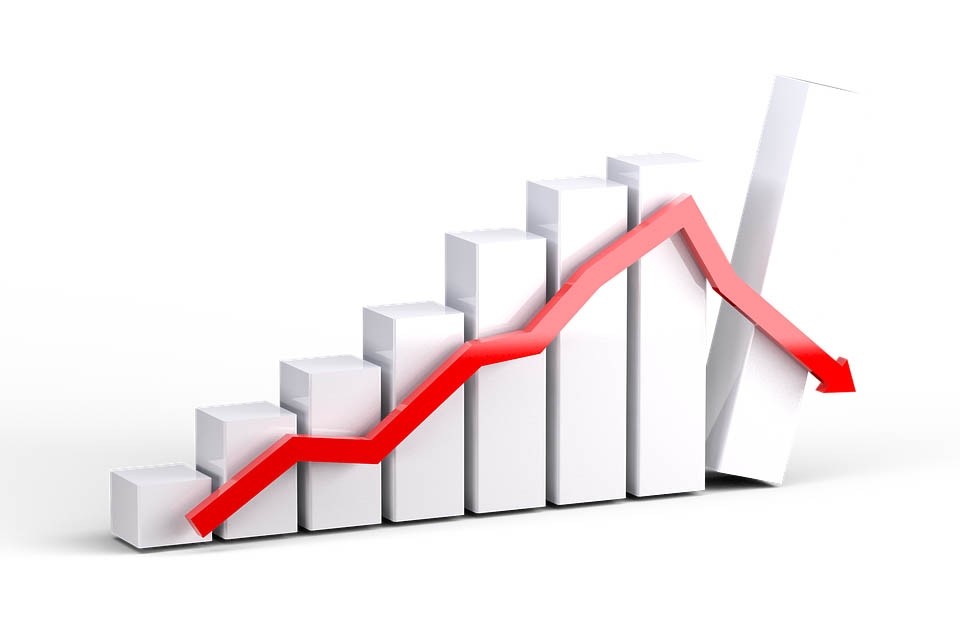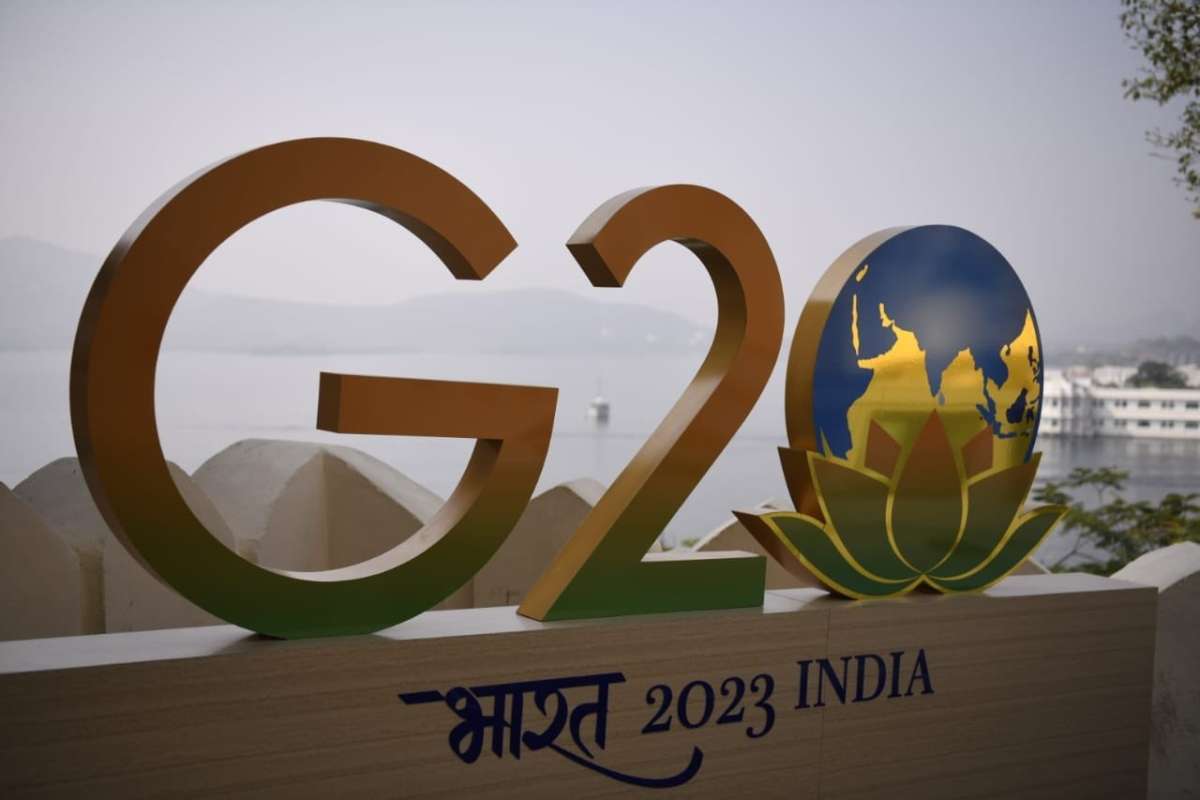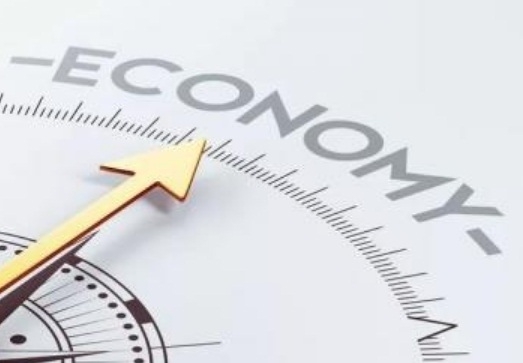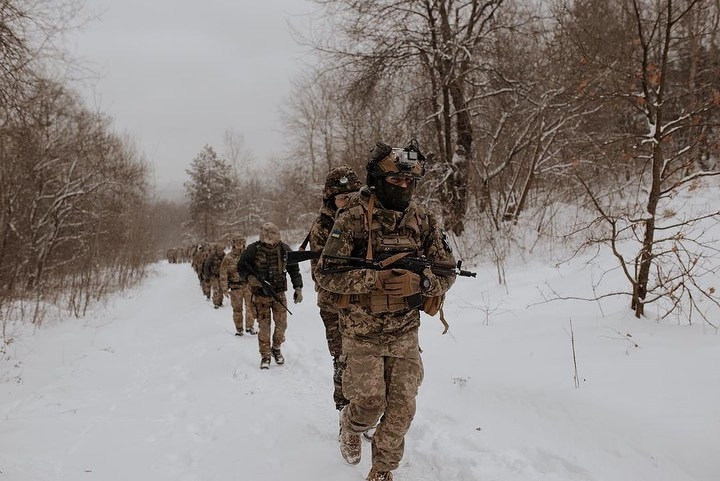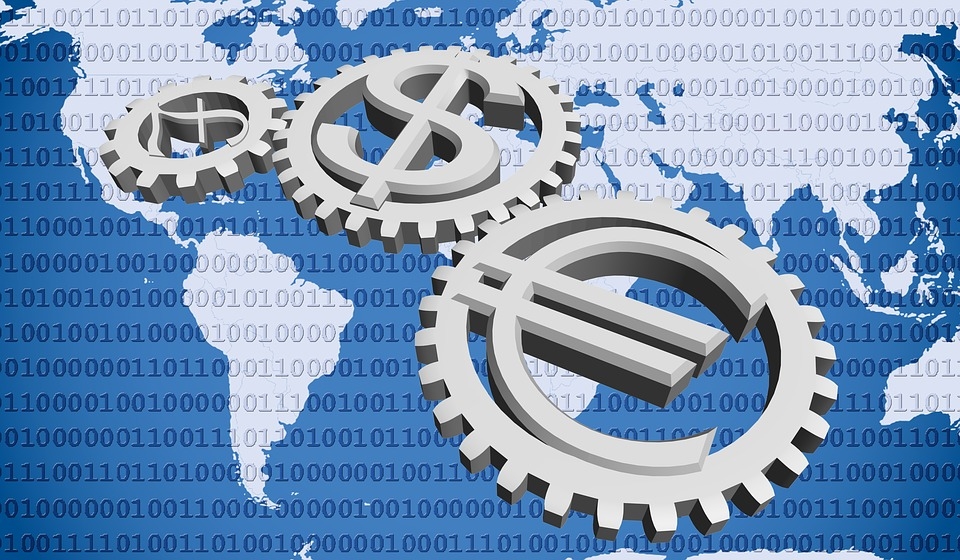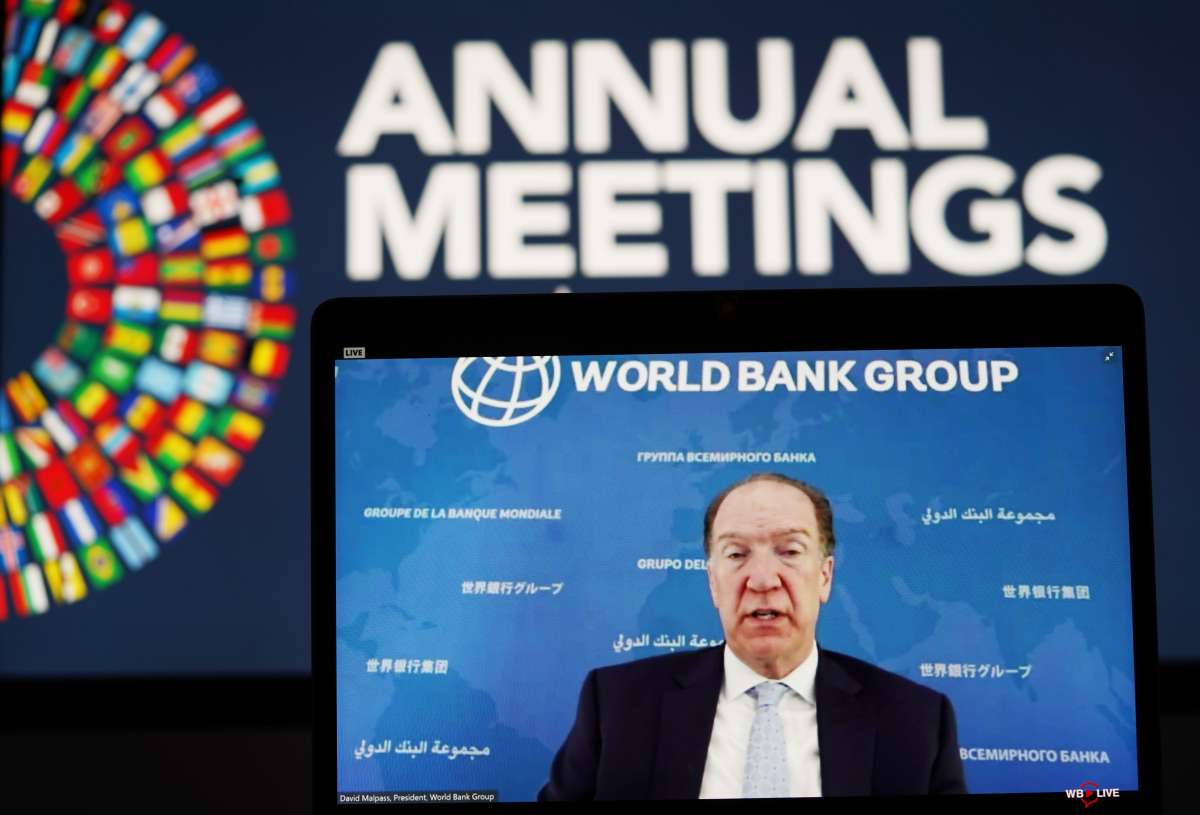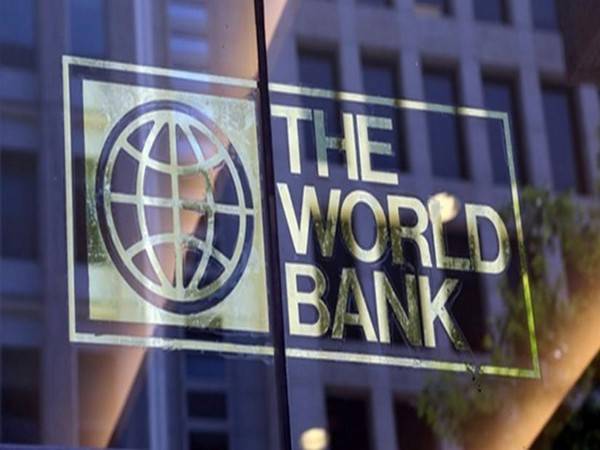Projections for 2027 reveal the massive revenue-generating potential across the AI sector. AI data centres are expected to lead, with infrastructure revenues forecasted to hit USD 331 billion….reports Asian Lite News
Analysts predict that artificial intelligence’s (AI) influence will reshape the global economy, driving monumental growth and creating an ecosystem brimming with innovation and financial gains, according to the UBS report.
This profound technological shift is expected to open doors for companies and investors, positioning AI at the forefront of global progress.
Projections for 2027 reveal the massive revenue-generating potential across the AI sector. AI data centres are expected to lead, with infrastructure revenues forecasted to hit USD 331 billion.
Cloud AI services are projected to generate USD 185 billion, while large language models (LLMs) are predicted to bring in USD 255 billion.
Applications, the most lucrative layer, are set to drive USD 395 billion in revenue. For investors, the key focus will be on the ratio of monetisation potential between the AI application layer and the costs of the enabling and intelligence layers, a crucial metric for determining returns.
The adoption of AI is expected to trigger a massive surge in capital expenditures (capex) for data centres, particularly for AI-specific infrastructure. By 2027, AI data centres are forecasted to command 75 per cent of total data centre capex, up significantly from 30 per cent in 2023.
AI chips, particularly GPUs, are positioned to capture the largest portion of AI’s value creation. GPUs make up over 70 per cent of the bill of materials in AI servers, making them the primary beneficiaries of AI investments.
Memory and interconnect components, comprising 15 per cent and 9 per cent of server costs respectively, will also play vital roles in driving the AI revolution.
The first wave of AI adopters, including hyperscalers, are poised to reap significant revenue and margin growth. As AI technologies become integral to business operations, these enablers are expected to capture gains from AI products while benefiting from the productivity improvements that generative AI (genAI) promises. Over time, this will lead to notable margin expansion as businesses increasingly rely on AI-driven solutions.
As AI continues to evolve, it is anticipated that monolithic players will emerge, forming a small oligopoly of vertically integrated “AI foundries.”
These giants will dominate the value chain, controlling different segments from chip manufacturing to software development, while enjoying attractive margin structures.
The productivity gains from AI will extend to software development, where AI-driven tools will significantly speed up the creation of software code.
This increased efficiency will make AI-enabled software development ubiquitous, transforming industries and accelerating the pace of technological innovation.
In the race for AI supremacy, data will become the key differentiator. Companies with large, diverse datasets will have a significant advantage in optimising AI models, allowing them to outperform competitors.
As data assets continue to grow in importance, businesses with a strong data foundation will hold the upper hand in AI development and deployment.
Despite the increasing number of open-source models, proprietary models continue to outperform their competitors. As of August 2024, closed-source models have remained the top performers due to their superior accuracy and scalability.
The capital expenditures required for foundational AI models create barriers for open-source competition, further cementing the dominance of proprietary systems developed by tech giants.
The future of AI will likely see the merging of the application and intelligence layers, bringing us closer to the realisation of artificial general intelligence (AGI).
Current developments show that single language models are achieving above-average scores on domain-specific tasks, indicating the potential for AGI to reshape industries in the years to come. (ANI)
ALSO READ: India Targets $1 Trillion Digital Economy


